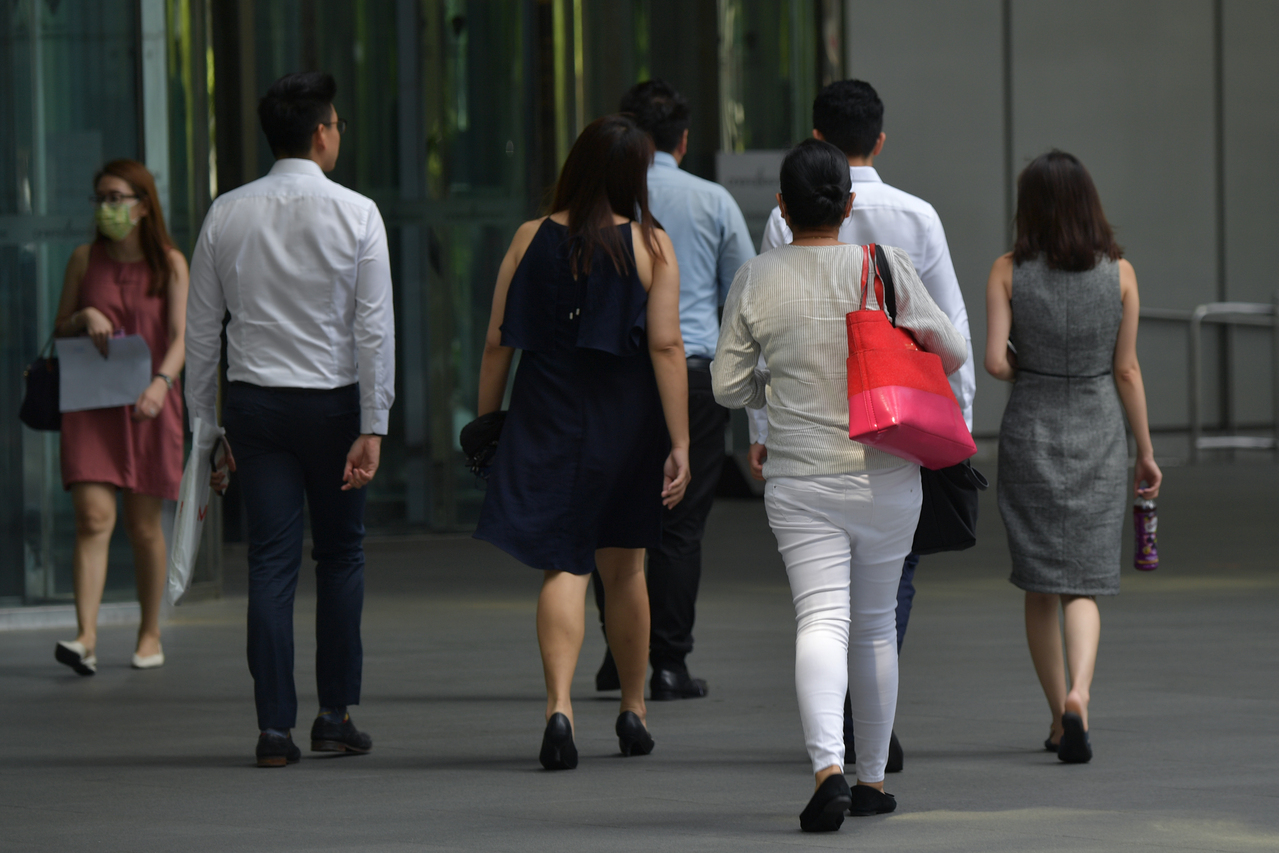For subscribers
Improving support levels for migrant workers in Singapore
Those who interact with migrant workers are more likely to support their presence in Singapore, while those who do not are less likely to do so, an International Labour Organisation report has found. Support for migrant workers here has also declined between 2010 and last year, the study said. What are the reasons for these issues, and how should they be addressed? The Straits Times finds out.
Sign up now: Get ST's newsletters delivered to your inbox

Overall attitudes may have dropped in tandem with global attitudes towards migration, which have been on the decline over the past decade.
ST PHOTO: JOYCE FANG
Apart from brief interactions with service crew when dining out, or an occasional greeting to some of his neighbours, stay-at-home father Brian, 45, has scant contact with migrant workers in his daily life.
But ask him about the presence of such workers here - whether blue-or white-collar - and he has some choice words. "Many of them come in and are willing to work for lower pay, and it affects Singaporeans' salaries," claimed Brian, who declined to give his full name. "We don't need more of them here."


